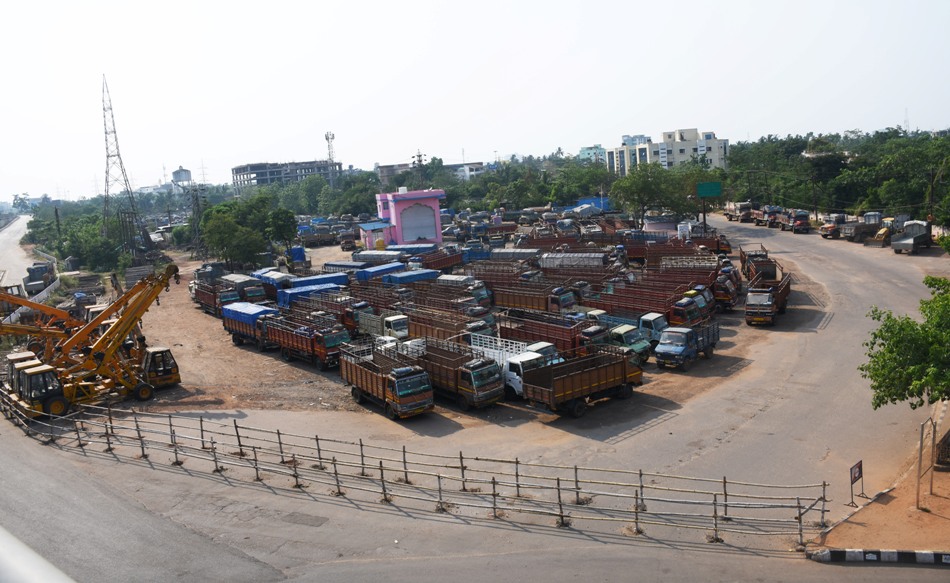The Centre has extended the nationwide lockdown till May 3. It was a no-brainer, for everybody in the country was expecting this. In fact, many state governments, including Odisha’s, had already extended the lockdown till April 30. Considering its lack of action plan and silence on how it is going to tackle the colossal economic impact of the pandemic, having had to extend the lockdown was the easiest thing for the government to have done. Looking at its cluelessness, we will not be surprised if the lockdown is extended again beyond May 3. However, more than the extension of the lockdown, a bigger task awaiting the government is how to exit the nationwide lockdown and manage the post-lockdown phase. The economy is in tatters. There is a near total shutdown of the manufacturing sector. Workers were forced to leave factories. The supply chain has broken down. Unemployment has been at a record high. The International Monetary Fund (IMF) has forecast India’s GDP will come down to 1.9 per cent. The global and regional forecasts are even direr.
The spread of novel coronavirus (SARS-CoV-2) to over half the total number of districts in the country will force the government to go for a graded withdrawal. The number of positive cases in the country has totted up to 12,380 and counting. The fatalities have gone up to 414. Regardless of whether the lockdown is extended or not, the government must be grappling with two challenges. First, the need to massively scale up COVID-19 testing as this is the only alternative to dialling down on mass quarantine and to explore a safe exit from the lockdown. The second is trickier, for how the lockdown is phased out will prove whether the lockdown has won the battle against COVID-19 in India. Any slip here and there, and the few gains secured so far will be frittered away. Hence the exit strategy warrants a lot of planning based on spatial analysis of the spread of the virus and a sector-specific approach to open the economy.
The government should adopt a calibrated approach and open up only those sectors that require minimum human interface. Services such as aviation, hotels, malls and tourism may wait for a longer time as they involve direct interaction among people. In a welcome move, the state government has partly relaxed the lockdown norms. It has allowed agricultural and allied activities to resume. There is also a partial withdrawal of curbs on industrial activities and e-commerce operations. At the central level, the department for promotion of industries and internal trade (DPIIT) has drawn up an outline of which sectors need to be partially opened. It says large manufacturing units in sectors such as automobiles, electronics and textiles can be allowed to function at a reduced capacity.
However, these are piecemeal approaches. The government must come out with a comprehensive economic plan to revive the economy. This is long overdue. While the lockdown has been extended till next month, we are yet to get a clear sense of how the government intends to support its people and businesses through this calamitous time. It has been weeks since we heard about an economic working group that was supposed to come out with a tailor-made package to fight the COVID-19 menace. But the results of its deliberations, if any, are yet to come. In this period of overwhelming crisis and despair, the least that is expected of the government is to provide a measure of certainty. Any delay on this is worsening the situation and is taking a heavy toll on people’s psyche.
